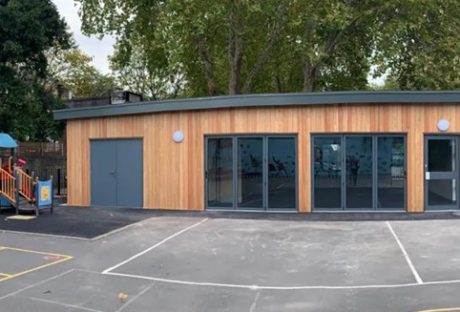In a world of boundless possibilities and evolving industries, Australian teenagers stand on the brink of defining their future careers. The journey from adolescence to adulthood is marked by pivotal decisions, and career counselling emerges as a guiding force in this transformative process. This article delves into the essential role that career counselling plays in shaping the goals of teenagers in Australia while also exploring the significance of a career quiz for teenagers as an instrumental tool in this journey of goal-setting and self-discovery.
Contents
Understanding The Teenage Crossroads:
Teenagers in Australia experience a unique phase of transition, where they must make choices that impact their academic and professional paths. Amid this labyrinth of possibilities, career counselling acts as a lighthouse, helping them navigate through the intricacies of their aspirations. During these formative years, they begin to define their goals and aspirations, making career counselling an invaluable asset.
The Transformative Power Of Counselling:
It goes beyond merely providing information; it empowers teenagers to uncover their passions, strengths, and interests. This self-discovery process is crucial for shaping their goals. Through individualized sessions, assessments, and guidance, career counsellors help teenagers reflect on their values and aspirations, allowing them to set meaningful and achievable goals aligned with their unique attributes.
Clarifying Career Trajectories:
The teenage years are a time of exploration, and the realm of career possibilities can often be overwhelming. Career counselling steps in to streamline this exploration by offering insights into various industries, educational pathways, and potential job roles. It helps teenagers narrow their options, clarifying their vision of the future and providing a concrete direction toward their goals.
The Role Of A Career Quiz:
A career quiz for teenagers acts as a stepping stone in the goal-setting journey. It presents a platform for teenagers to assess their interests, preferences, and aptitudes. By engaging with thought-provoking questions and scenarios, teenagers can gain insights into potential career paths that resonate with their personalities. This quiz serves as an initial spark, igniting curiosity and encouraging them to delve deeper into their aspirations.
Informed Decision-Making:
The heart of career counselling lies in equipping teenagers with the information they need to make informed decisions. In an era where industries are rapidly evolving, awareness of emerging trends, required skills, and educational prerequisites is vital. The counsellors provide up-to-date information about the job market, enabling teenagers to align their goals with future career prospects effectively.
Fostering Confidence And Resilience:
The journey towards achieving career goals isn’t always smooth; challenges and setbacks are natural. Counselling sessions instil in teenagers the confidence and resilience needed to overcome these hurdles. Through discussions and guidance, they learn to embrace failures as learning opportunities and develop the adaptability required to navigate the dynamic landscape of the professional world.
Conclusion:
Career counselling for teenagers in Australia is a transformative journey that lays the foundation for achieving meaningful goals. Career counsellors become architects of teenagers’ future success by facilitating self-discovery, offering insights into industries, and providing informed decision-making support. As they embark on this voyage of goal-setting and self-discovery, Australian teenagers are empowered to shape their aspirations into tangible accomplishments.
Read Also :



















